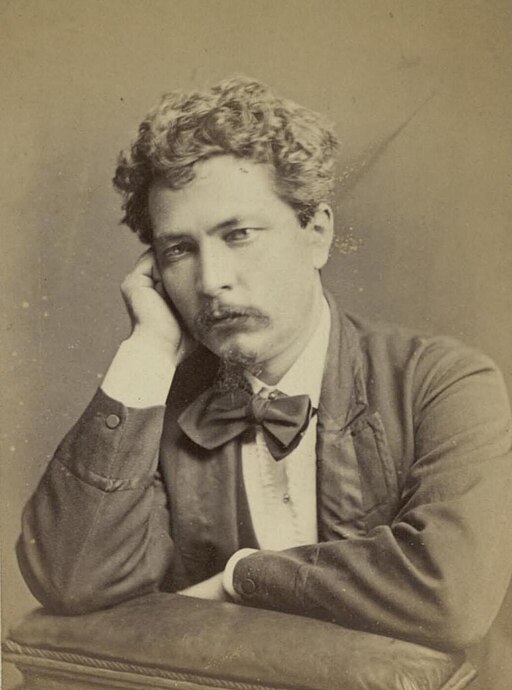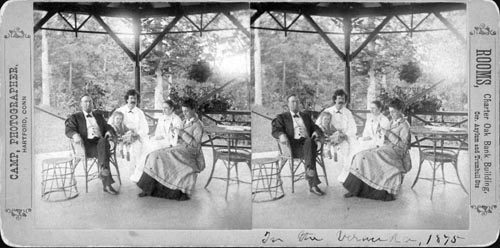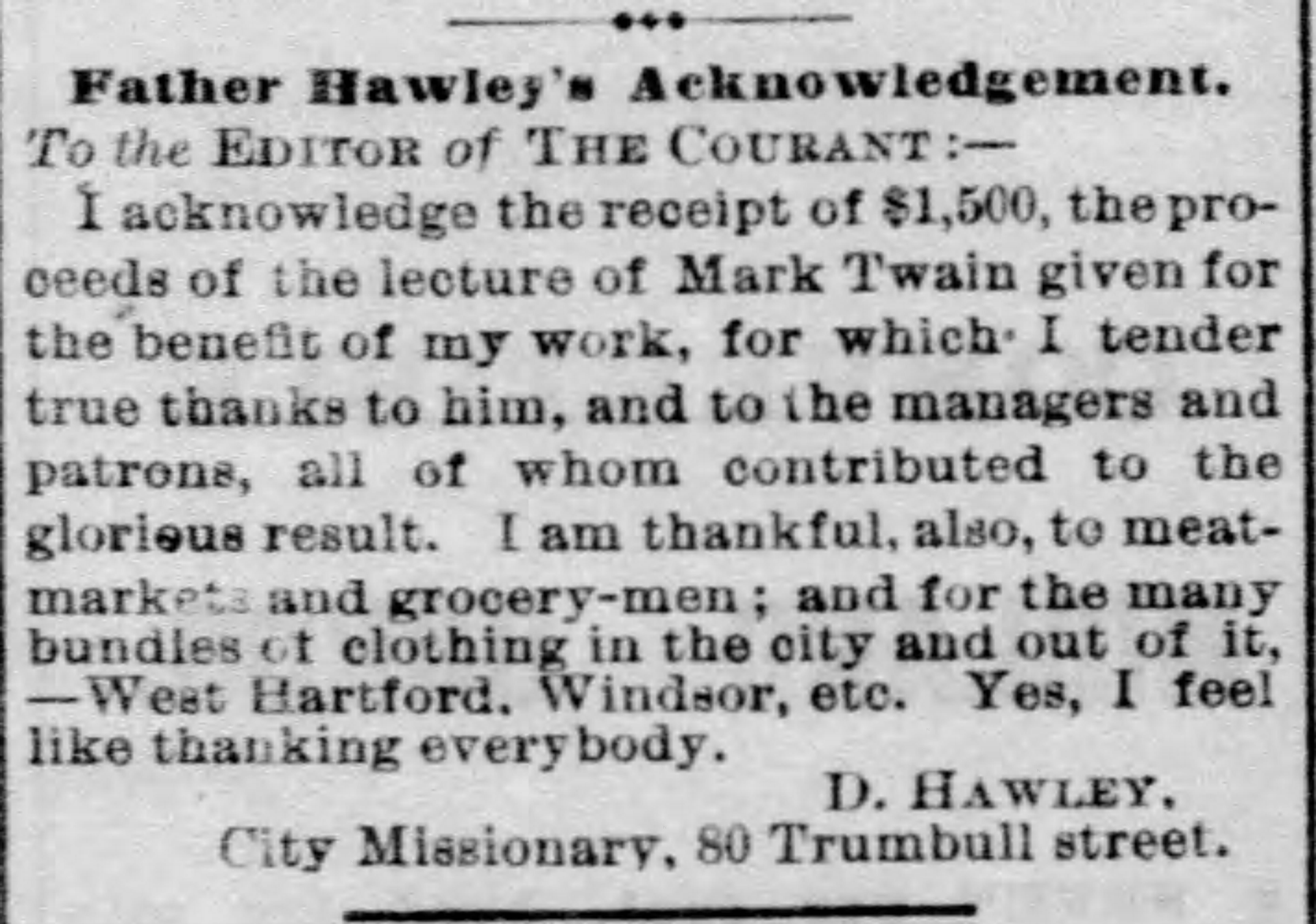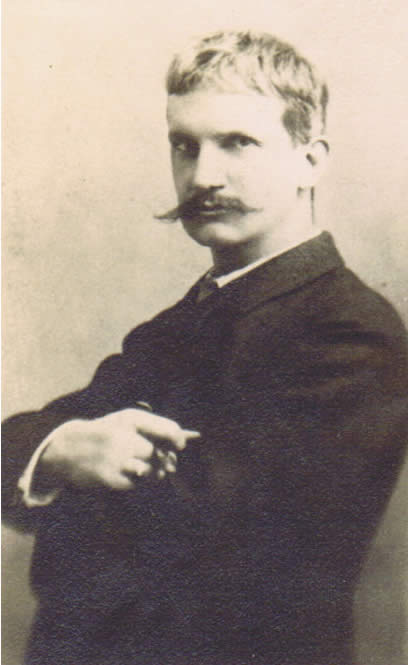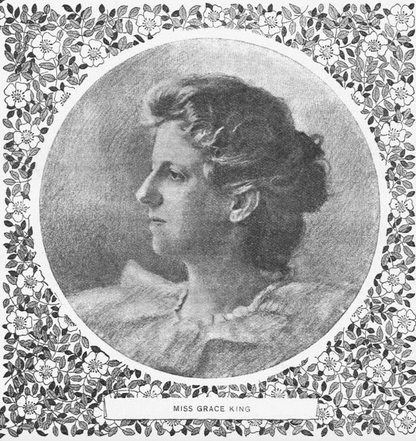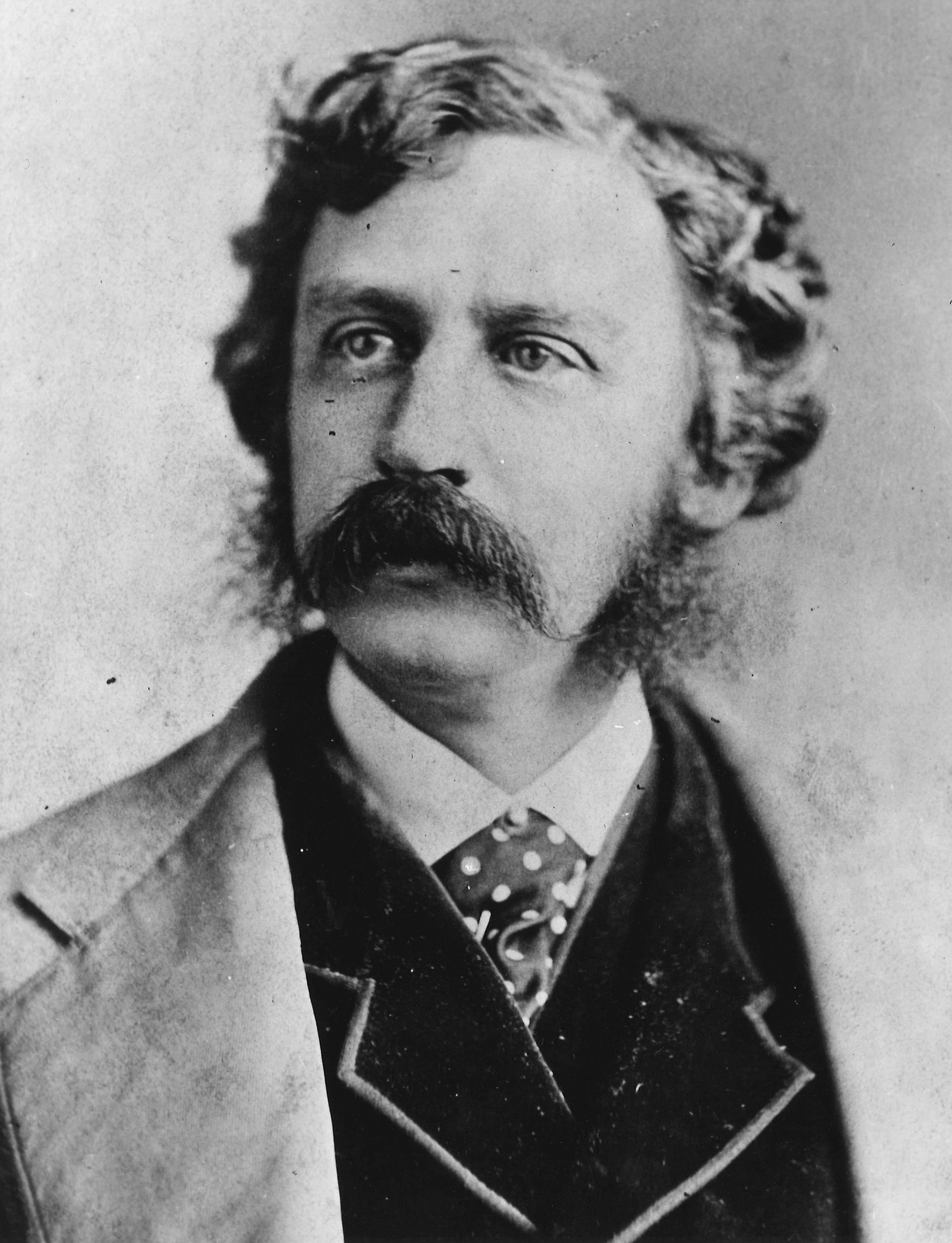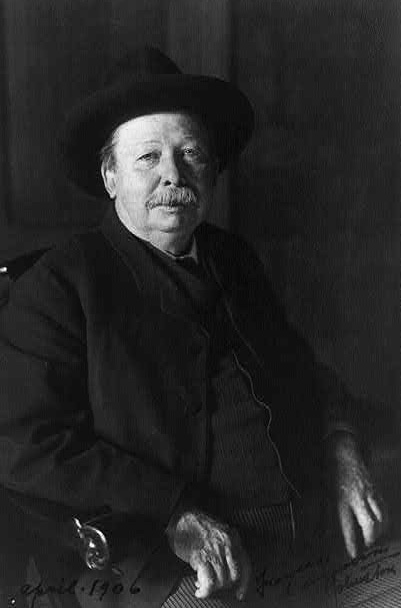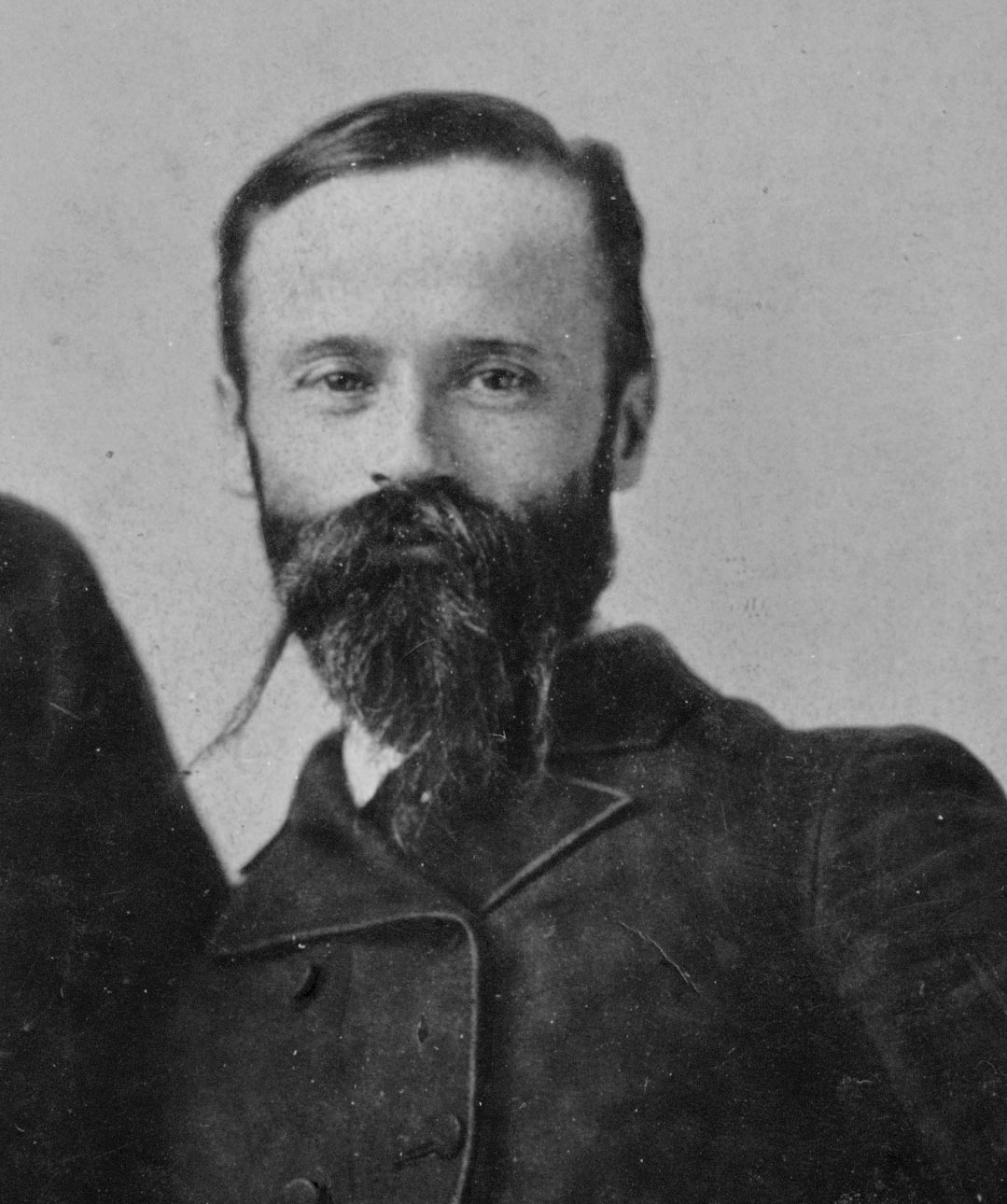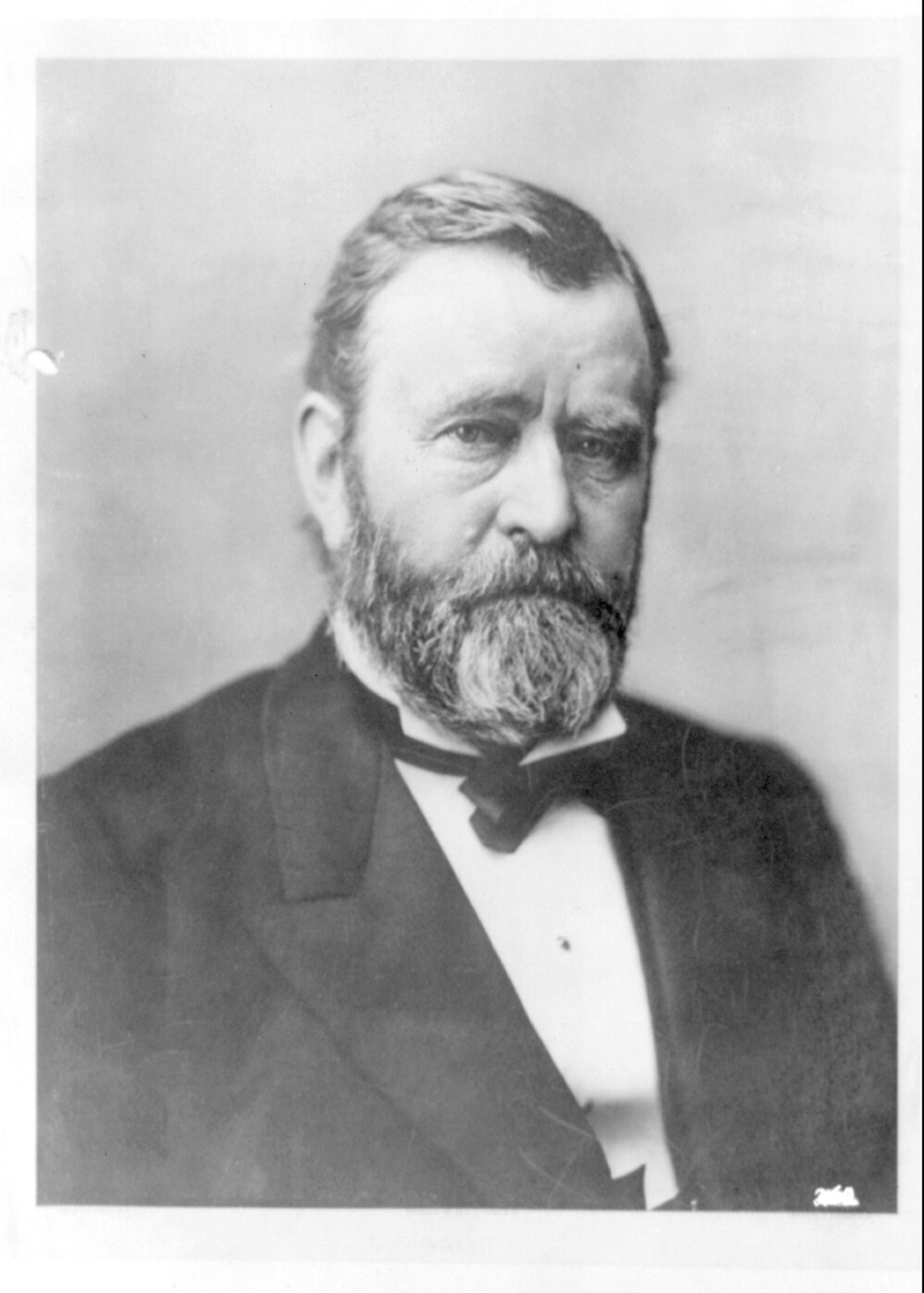Henry Stanley (1841-1904)
Explorer of Africa and imperialist agent of King Leopold II of Belgium, Sir Henry Morgan Stanley was born John Rowlands in 1841 in Wales, Great Britain, to unmarried parents who disappeared from his life soon after his birth. His early life was marked by poverty, including time spent living in a workhouse for the poor.
Rowlands immigrated to the United States in 1859 where he changed his name to Henry Stanley, supposedly to honor a wealthy businessman who served as benefactor. However, there is uncertainty about this story, others within Stanley’s autobiographical works, leaving many question marks about the events of his life.
Records indicate that Stanley enlisted in the Confederate Army in 1862, and after being taken prisoner at the Battle of Shiloh, joined the Union Army, followed by a stint in the Union Navy. After the war, like many other people without prospects, Stanley headed west, and began working as a journalist. Stanley truly began his career in the Middle East and Central and East Africa, reporting on European colonial expeditions for a series of American newspapers.
Stanley is most well known for exploring Africa in search of a missionary and explorer, David Livingstone in 1871, and for searching for the sources of the Nile and Congo rivers, under contract to King Leopold II of Belgium from 1874-77. Stanley was also instrumental in establishing Belgian rights to territory in Central Africa, again serving as an agent of King Leopold II, wielding administrative and quasi military powers in the quest for land, resources, and wealth. Stanley also mapped extensive regions in Central and Eastern Africa, this work serving the imperial interests of Belgium and other European powers.
Stanley wrote several books over his lifetime including In Darkest Africa, which detailed his many voyages throughout the African continent. Historians writing about Stanley’s life of work in service of European colonial interests in Africa note his association with cruelty and violence towards the people he met in Central and East Africa and his desire to subdue the “Continent” for the good of white Europeans, and for what he deemed the savior of African people.
Despite his anti-imperialist views, Clemens had a great appreciation for Stanley, and worked hard to convince him to publish his many memoirs with his firm, Charles Webster & Co., but unfortunately, he was never able to land a deal. The Clemens family did host Stanley at the Hartford house before a lecture in Boston, and Stanley also spoke at Unity Hall while in Hartford. Samuel wrote to Stanley and enticed him with the promise of “…silence, & rest, & beer, for the weary; & whisky & billiards for those that are so disposed. Come – say yes.” Clemens seemed to greatly appreciate Stanley’s celebrity, and was enthralled with his travels throughout Africa, seemingly setting aside the role Stanley played in advancing the imperialist vision of the Belgian King Leopold II.

